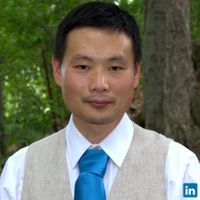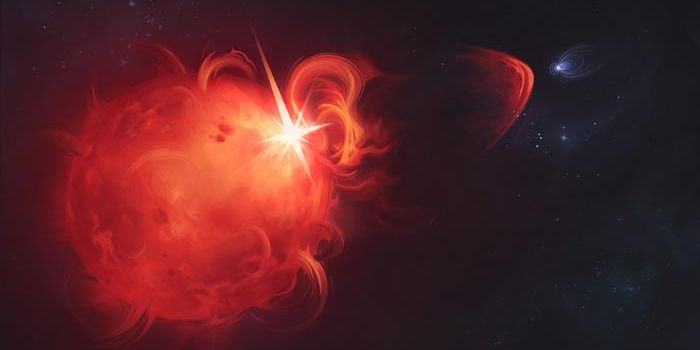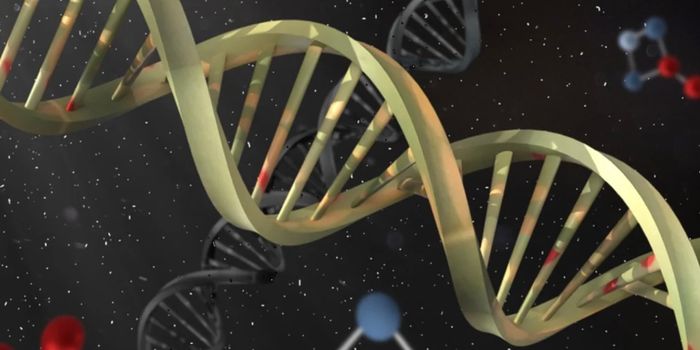Florence Nightingale: Nursing Pioneer, and Data Scientist?
Florence Nightingale, the pioneer in modern nursing care, served as a nurse manager in the Crimean War in the 1850s. Due to her wholeheartedly devotion to caring for the wounded soldiers, Nightingale earned the nickname "The Lady with the Lamp" and became an ion in nursing practice.
After her return to Britain, Nightingale helped to lay the foundation of professional nursing to produce registered nurses by opening the first-ever secular nursing school, which is now a part of King's College London.
On top of her role in professionalizing nursing for women, Nightingale is also a statistician known for a gift in presenting data in graphs. She exhibited talent in mathematics at a young age, and made her first statistical table at the age of nine.
She used a data presentation method called the polar area graph in her work of profiling the mortality rate of British soldiers, which clearly delineated the difference between the death caused by battle wound and other causes such as poor hygiene, overcrowding, and defective sewers.
Using statistical graphics, Nightingale successfully informed the British parliament and civil servants about the cause of death in the Crimean war. Her work not only brought revoluntary changes to the sanitary conditions in national healthcare facilities, but also those hospitals around the world.
Source: The Open University via Youtube








